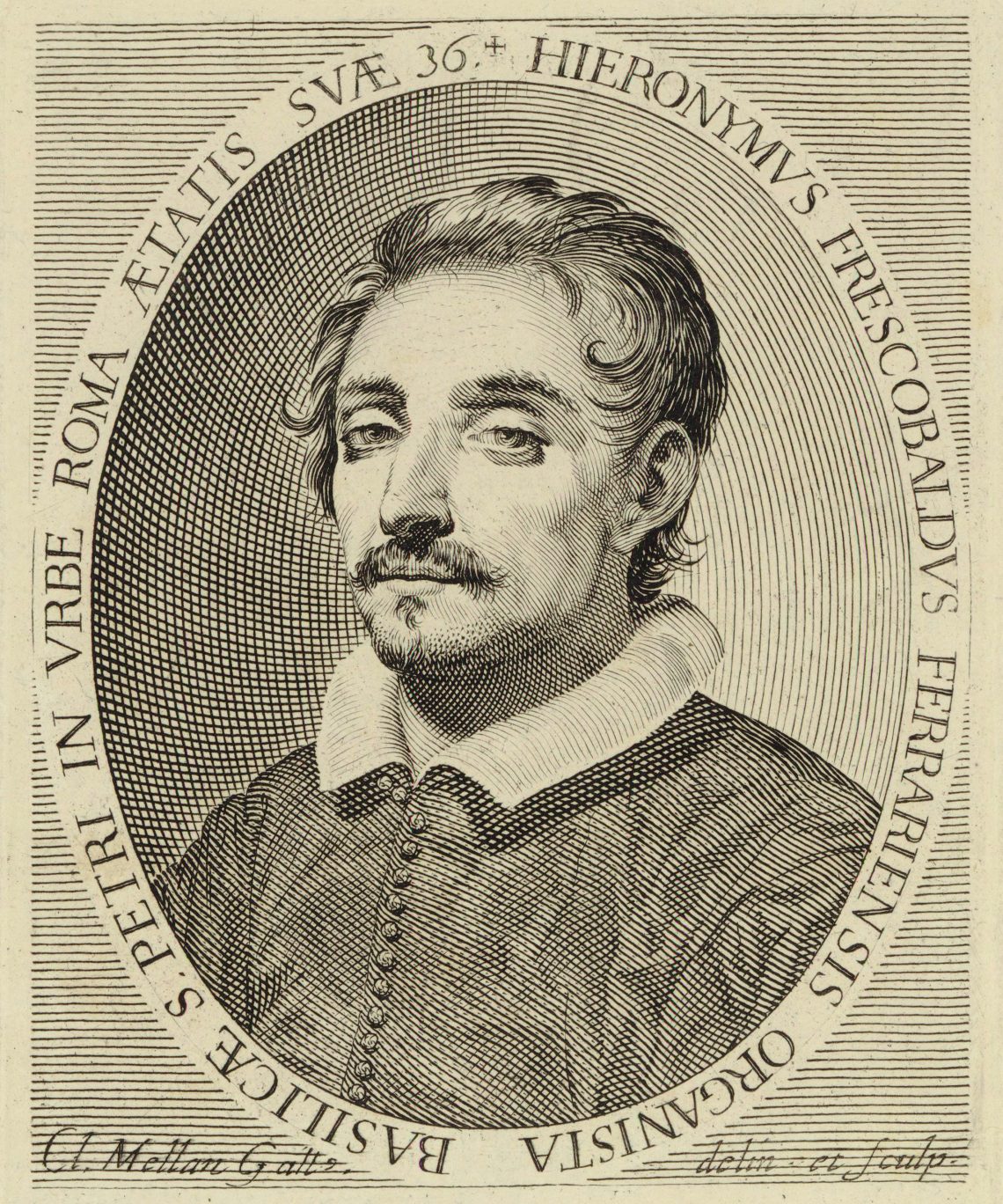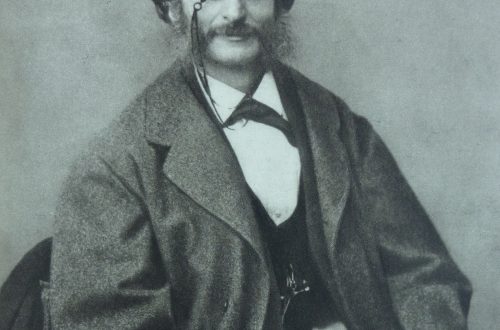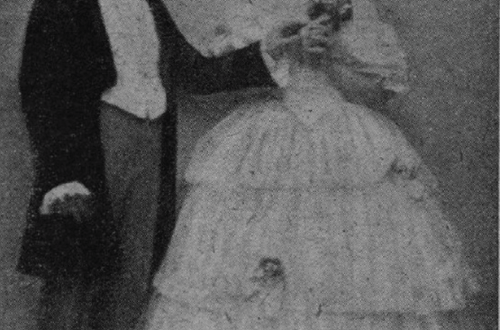
Girolamo Frescobaldi |
Girolamo Frescobaldi
G. Frescobaldi is one of the outstanding masters of the Baroque era, the founder of the Italian organ and clavier school. He was born in Ferrara, at that time one of the largest musical centers in Europe. The early years of his life are associated with the service of Duke Alfonso II d’Este, a music lover known throughout Italy (according to contemporaries, the Duke listened to music for 4 hours a day!). L. Ludzaski, who was the first teacher of Frescobaldi, worked at the same court. With the death of the Duke, Frescobaldi leaves his native city and moves to Rome.
In Rome, he worked in various churches as an organist and at the courts of the local nobility as a harpsichordist. The nomination of the composer was facilitated by the patronage of Archbishop Guido Bentnvolio. Together with him in 1607-08. Frescobaldi traveled to Flanders, then the center of clavier music. The trip played an important role in the formation of the creative personality of the composer.
The turning point in Frescobaldi’s life was 1608. It was then that the first publications of his works appeared: 3 instrumental canzones, the First Book of Fantasy (Milan) and the First Book of Madrigals (Antwerp). In the same year, Frescobaldi occupied the high and extremely honorary post of organist of St. Peter’s Cathedral in Rome, in which (with short breaks) the composer remained almost until the end of his days. The fame and authority of Frescobaldi gradually grew as an organist and harpsichordist, an outstanding performer and an inventive improviser. In parallel with his work in St. Peter’s Cathedral, he enters the service of one of the richest Italian cardinals, Pietro Aldobrandini. In 1613, Frescobaldi married Oreola del Pino, who in the next 6 years bore him five children.
In 1628-34. Frescobaldi worked as an organist at the court of the Duke of Tuscany Ferdinando II Medici in Florence, then continued his service in St. Peter’s Cathedral. His fame has become truly international. For 3 years, he studied with a major German composer and organist I. Froberger, as well as many famous composers and performers.
Paradoxically, we know nothing about the last years of Frescobaldi’s life, as well as about his last musical compositions.
One of the composer’s contemporaries, P. Della Balle, wrote in a letter in 1640 that there was more “chivalry” in Frescobaldi’s “modern style”. Late musical works are still in the form of manuscripts. Frescobaldi died at the height of his fame. As eyewitnesses wrote, “the most famous musicians of Rome” took part in the funeral mass.
The main place in the composer’s creative heritage is occupied by instrumental compositions for harpsichord and organ in all the then known genres: canzones, fantasies, richercaras, toccatas, capriccios, partitas, fugues (in the then sense of the word, i.e. canons). In some, polyphonic writing dominates (for example, in the “learned” genre of richercara), in others (for example, in canzone), polyphonic techniques are intertwined with homophonic ones (“voice” and instrumental chordal accompaniment).
One of the most famous collections of Frescobaldi’s musical works is “Musical Flowers” (published in Venice in 1635). It includes organ works of various genres. Here Frescobaldi’s inimitable composer’s style manifested itself in full measure, which is characterized by the style of the “excited style” with harmonic innovations, a variety of textural techniques, improvisational freedom, and the art of variation. Unusual for its time was the performing interpretation of tempo and rhythm. In the preface to one of the books of his toccata and other compositions for harpsichord and organ, Frescobaldi calls to play … “not observing the tact … according to feelings or the meaning of words, as is done in madrigals.” As a composer and performer on the organ and clavier, Frescobaldi had a huge impact on the development of Italian and, more broadly, Western European music. His fame was especially great in Germany. D. Buxtehude, J. S. Bach and many other composers studied on the works of Frescobaldi.
S. Lebedev





